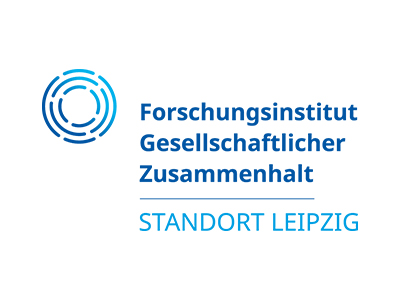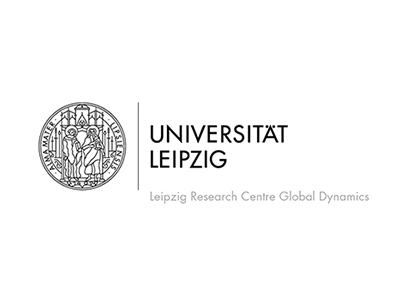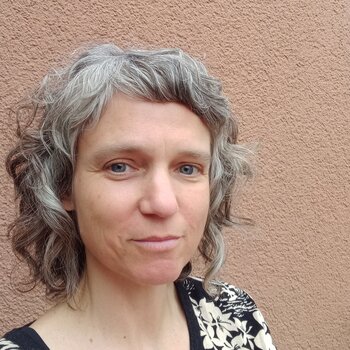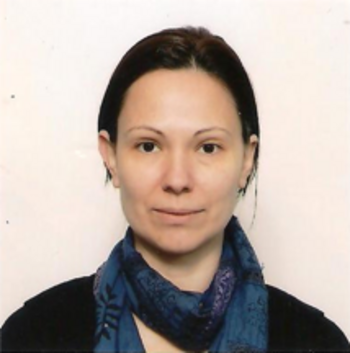The interdisciplinary research team based at the RISC section in Leipzig consists of 20 researchers, who will examine the variety of populist movements and regimes as well as their acceptance in society since the late 19th century up to the present in 14 projects. They are dedicated to questions about the networking of populist movements and their reactions to increasing global interdependence. In addition, they explore which parts of populist agendas are taken up by other political currents and what social effects this has.
Together with the FGZ Sections in Bremen and Frankfurt, the Leipzig location forms the FGZ office. The central services based here include press and public relations work, publication management, coordination of the career development programme and the Fellow programme.
The Leipzig Section is also home to the scientific coordination and scientific communication of the InRa study "Institutions & Racism". As part of this joint project, 14 other employees are contributing their expertise to the Leipzig sub-institute in six research projects.
Key Areas of Research in Leipzig within the framework of the RISC
The Leipzig researchers use a broad spectrum of historical, social and cultural science methods. This includes global comparative studies, surveys, case studies for Western and Eastern Europe, the two Americas, sub-Saharan Africa and East, South and Southeast Asia with the intention of placing developments in Germany in a broader, ultimately global context,
In addition to these global variances, our research at the Leipzig subinstitute focuses on populist movements, agendas and networks and their social impact:
- How do political movements, parties and regimes react to specific constellations of global networks and what is their opinion on a liberal stance towards globalisation and democracy?
- Which main ideas do they have on polity and democracy?
- How do these political movements, parties and regimes interweave transnationally and transregionally, how do they build alliances and learn from each other?
- How are parts of this populist agenda seized on by other political actors and how are they incorporated into their own political repertoire?
- How and why do these populist agendas resonate with society and what effects do they have?
The Leipzig Section thus contributes to all three research clusters of the RISC and combines the search for the historical formation, change and implementation of theories of social cohesion with empirical studies on current threats to this cohesion and a global-comparative perspective that discusses the case studies examined not in isolation but in their interrelation.
This focus is completed by the Leipzig research group's participation in the collection of data on indicators of social cohesion, initially on a regional basis within Germany, in the multifaceted transfer of knowledge and participatory research with functionaries, teachers and media actors. The aim is to formulate proposals for the reconstitution of social cohesion under the conditions of an open, internationally networked and rapidly changing society.
Research Projects
All research projects at the Leipzig site can be found here.
Aktuelles
Social cohesion and resilience: On the challenge of comparing and measuring.
Demokratieforscher: FDP schadet Ansehen von Parteien und Politikern
» Externer LinkDigitalisierung als Gegenstand der Kommunikationswissenschaft
Studie offenbart überraschenden Trend: Hat der Feminismus in Sachsen ausgedient?
» Externer LinkWie gefährlich ist die AFD für die Demokratie?
» Externer LinkZum gesellschaftlichen Zusammenhalt im regionalen Strukturwandel – Ko-Orientierungen und Ko-Interaktionen im Braunkohleausstieg
Team
Dr. Anne-Linda Amira Augustin
Irini Block
Dr. Constanze Blum
Prof. Dr. Oliver Decker
Clara Dilger
Kevin Eljezi
Prof. Dr. Ulf Engel
Prof. Dr. Immo Fritsche
Prof. Dr. Sonja Ganguin
Dr. Johannes Gemkow
Natalie Gittner

Prof. Dr. Frank Hadler
Dr. Jörg Hartmann
Dr. Mario Hesse
Dr. Annedore Hoppe
Kristofer Jachnow
Prof. Dr. Elisabeth Kaske
Dr. Martina Keilbach
Freya Leinemann
Dr. Sarah Lempp
Prof. Dr. Holger Lengfeld
Prof. Dr. Thomas Lenk
Prof. Dr. Astrid Lorenz
PD Dr. Barbara Lüthi
Therese Mager
Prof. Dr. Matthias Middell
Prof. Dr. Maren Möhring
Deike Ohse
Prof. Dr. Gert Pickel
Luisa Pischtschan
Dr. Katarina Ristic
Michelle Schweitzer
Dr. Alain Belmond Sonyem
Christine Tonscheidt







































